8. Jared Hess, Napoleon Dynamite (2004)
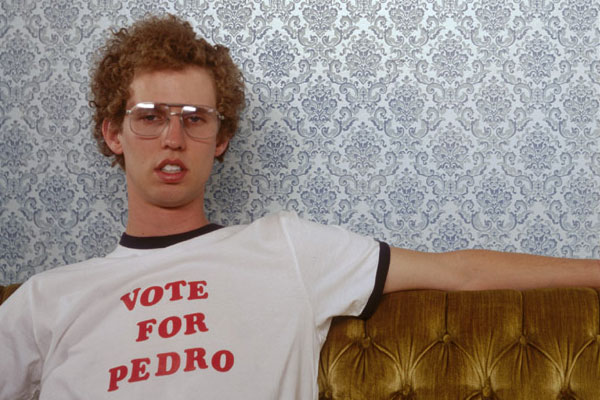
Napoleon Dynamite is a slice-of-life teen comedy that follows our eponymous protagonist as he attempts to navigate the challenges of his life at home and in school.
Writer/director Jared Hess injected a unique and eccentric quirkiness into his settings and characters, and the end result was quite unlike anything audiences had seen up to that point. While much of the film’s humor is centered on the oddness of its characters, the overall sentiment is one of good natured affinity for the underdog.
Hess has gone on to direct four forgettable theatrical releases, none exhibiting the well structured, sweet eccentricities of Napoleon Dynamite.
9. Kimberly Peirce, Boys Don’t Cry (1999)
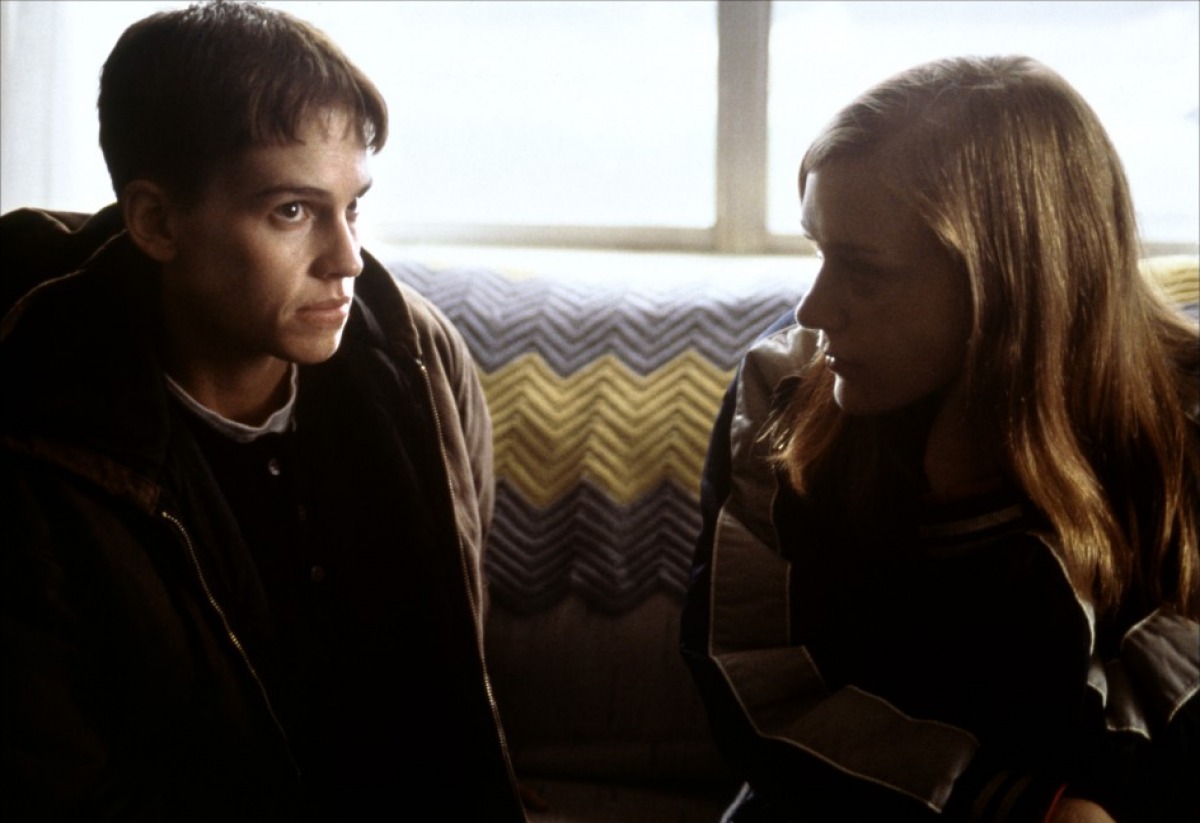
A harrowing biopic about the life of Brandon Teena, Boys Don’t Cry was a passion project for writer and director Kimberly Peirce, who took five years to research and write the screenplay. Today, the film is recognized as having historical significance, being the first to represent transgender masculinity in a sensitive, realistic manner.
At the time of this writing, Pierce has directed two other features: the unremarkable Stop-Loss, and a mostly misguided reboot of Stephen King’s Carrie.
10. John Singleton, Boyz n the Hood (1991)
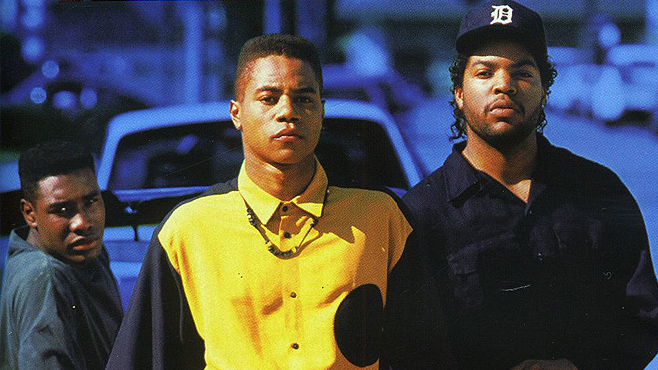
With great promise and poise, John Singleton hit the scene in 1991 with his riveting, urban drama,Boyz n the Hood. The story centers around a young man named Tre Styles (Cuba Gooding Jr. in his breakthrough role), who struggles to escape the drug and gang culture of his hometown: South Central Los Angeles. Singleton, 23 at the time, was both the first African American and youngest person to have been nominated for Best Director at the Academy Awards.
Singleton went on to make such forgettable flicks as Higher Learning, a remake of Shaft, and the second entry in the Fast & Furious franchise. Boyz n the Hood still stands as his crowning achievement.
11. Zach Snyder, Dawn of the Dead (2004)
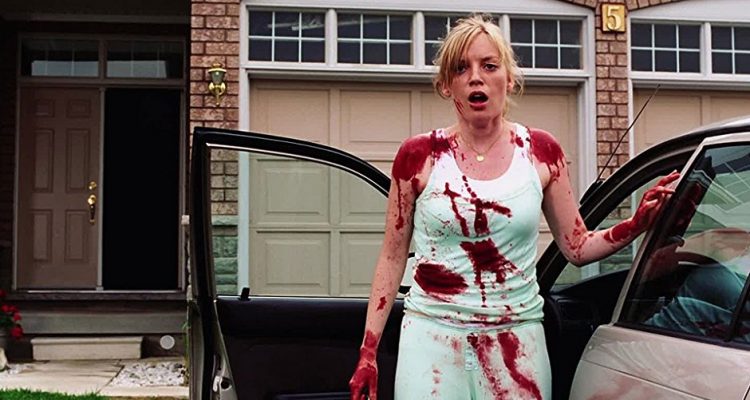
A remake, or some might say re-imagining, of George A. Romero’s classic film of the same name, Dawn of the Dead was a surprisingly fresh, robust entry into the zombie film genre. It mostly follows the plot of Romero’s original, with Snyder making an interesting deviation by eschewing the archetype of the lumbering zombie in favor of the running zombie.
This decision was welcomed by some, but criticized by purists, including Romero himself, “The first 15, 20 minutes were terrific, but it sort of lost its reason for being. It was more of a video game. I’m not terrified of things running at me; it’s like Space Invaders. There was nothing going on underneath.”
After popping out a series of mostly lackluster, but financially successful blockbusters (Man of Steel, Batman V Superman, and Justice League), Snyder has become one of the most bankable directors in Hollywood. Despite the impressive resume, Dawn of the Dead still holds up as his most complete film.
12. Lawrence Kasdan, Body Heat (1981)
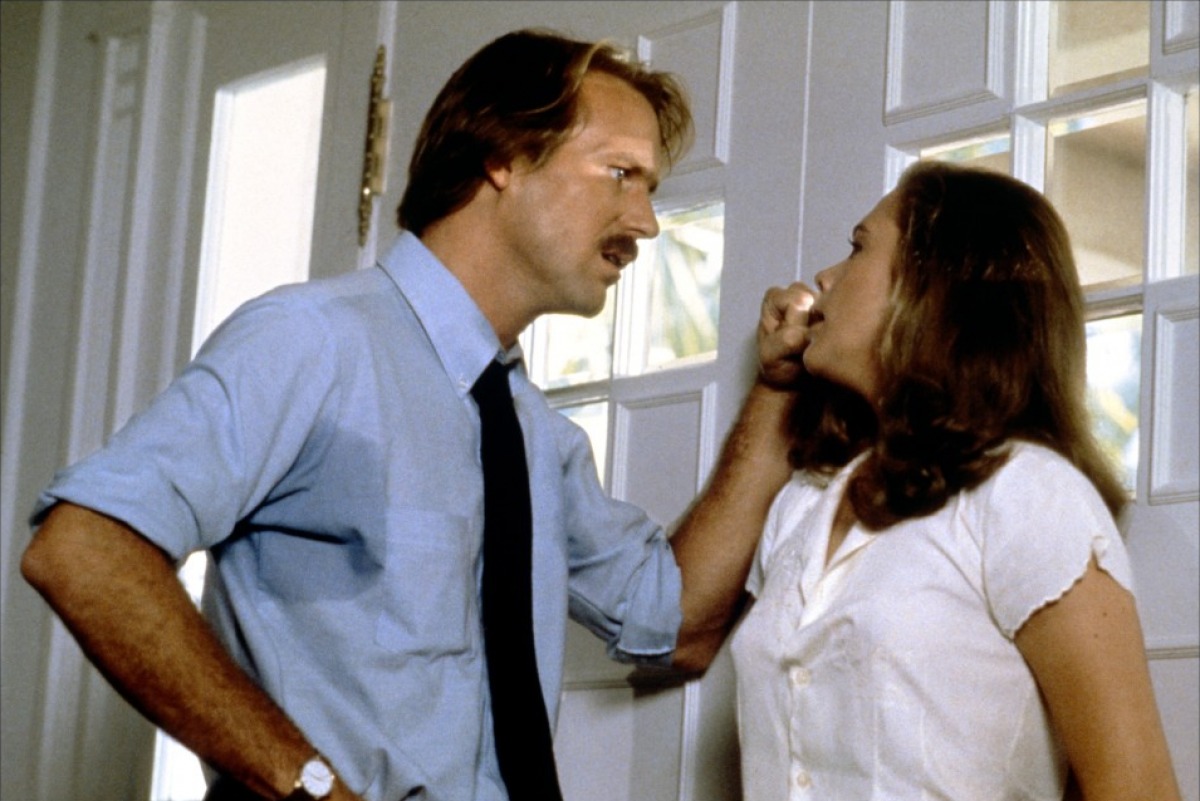
Known for his contributions as a writer on some of the most culturally important films in history (The Empire Strikes Back, Raiders of the Lost Ark), Lawrence Kasdan has, on occasion, jumped into the director’s chair.
His initial directorial effort was crafted as an ode to the classic noir genre, clearly tipping its hat to films such as Double Indemnity, The Postman Always Rings Twice, and The Maltese Falcon. Echoing these sentiments, critic Glenn Erickson said, “Too often described as a quickie remake of Double Indemnity, Body Heat is more detailed in structure and more pessimistic about human nature.”
Body Heat has become a cult classic. It remains notable for its excellent score, and series of erotically charged scenes featuring then burgeoning stars William Hurt and Kathleen Turner. The film also stands as Kasdan’s most accomplished work, topping his more popular 80s films The Big Chill, and Silverado.
13. David Mamet, House of Games (1987)
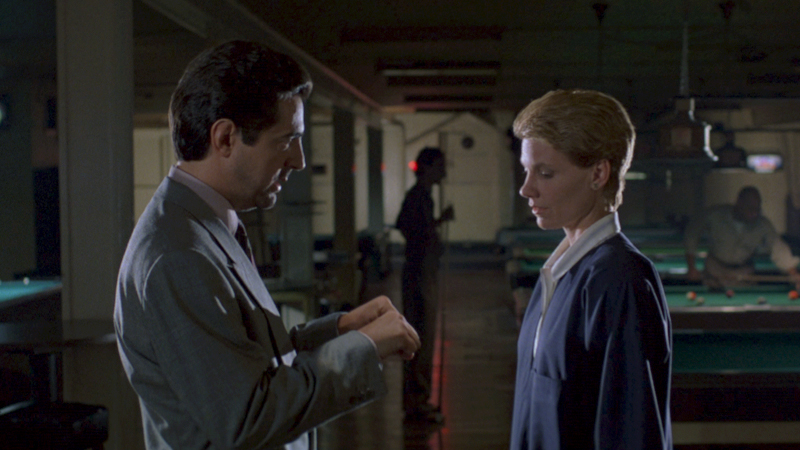
“This movie is awake. I have seen so many films that were sleepwalking through the debris of old parts and second-hand ideas that it was a constant pleasure to watch House of Games.” So said Roger Ebert in his four star review of David Mamet’s debut film. In contrast, most negative criticism was aimed at the lack of expressiveness and stilted delivery of lead actors Lindsay Crouse and Joe Mantegna.
However these choices were revealed to be very much intentional, with Mamet explaining that he wanted to evoke meaning through the words on the script, as opposed to performative expressions by his actors. The plot is simple, with Margaret (Crouse) playing a straight-laced, uptight shrink who is targeted as a mark by crafty con man Mike (Mantegna).
Continuing on to great success as a playwright and filmmaker, Mamet has never directed any film as sharp and well constructed as House of Games.
14. Stuart Gordon, Re-Animator (1985)
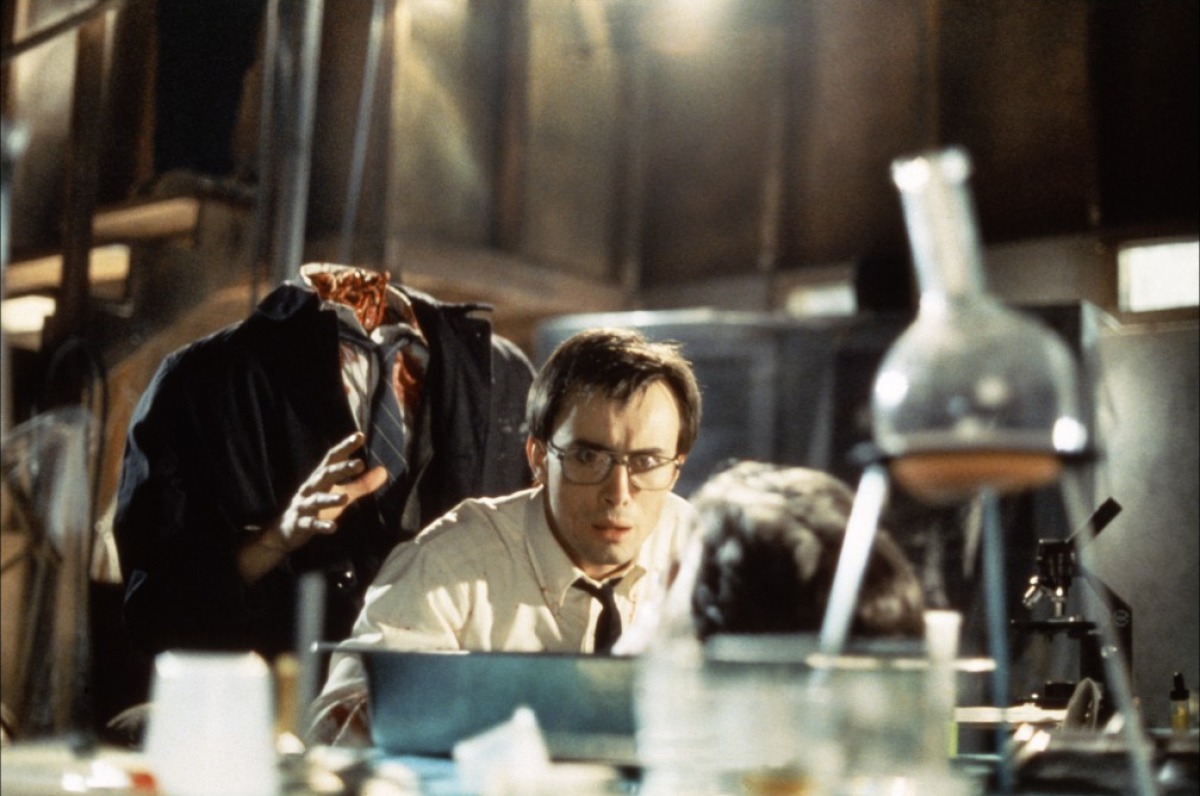
A standout in the schlocky, B-grade, sci-fi/horror/comedy genre, Stuart Gordon’s Re-Animator lives on as a much loved cult cinema favorite. The film is based on a short story by H.P. Lovecraft, with the plot revolving around a scientist (Herbert West) who mixes up a concoction that animates dead bodies. Re-Animator is the first of a trilogy, followed by Bride of Re-Animator (1990) and Beyond Re-Animator (2003). Both sequels, while entertaining, failed to capture the vigor and shock value of his initial effort.
Gordon has etched out a successful career in the low-budget horror film genre, directing titles like Beyond, Daughter of Darkness, and an adaptation of Edgar Allan Poe’s The Pit and The Pendulum. To date, nothing has equaled or surpassed Re-Animator for pure entertainment value.
Author Bio: Alan Harrison is an amateur film buff and part-time artist living in Toronto. He also co-hosts OVERRATED, a bi-weekly film podcast. http://www.overratedpodcast.com.